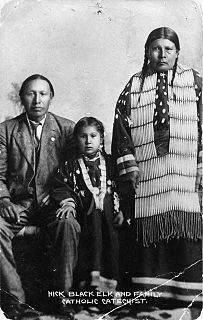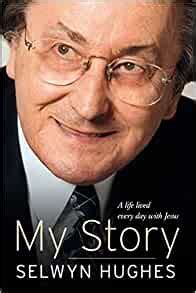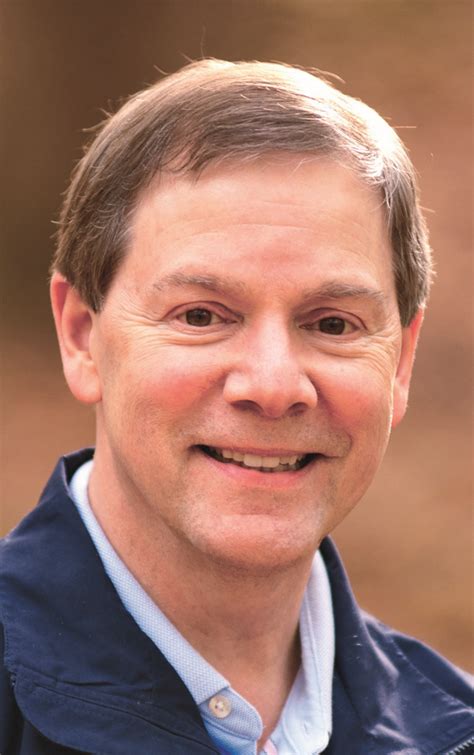A Quote by Thérèse of Lisieux
He longs to give us a magnificent reward. He knows that suffering is the only means of preparing us to know Him as He knows Himself, and to become ourselves divine.
Related Quotes
He is not far off; He is there, very close. He is looking at us, and He is begging this sorrow, this agony from us. He needs it for souls and for our soul... Alas, it does pain Him to give us sorrows to drink, but He knows this is the only means of preparing us to know Him as He knows Himself and to become God's ourselves.
There are four types of men in this world: 1. The man who knows, and knows that he knows; he is wise, so consult him. 2. The man who knows, but doesn't know that he knows; help him not forget what he knows. 3. The man who knows not, and knows that he knows not; teach him. 4. Finally, there is the man who knows not but pretends that he knows; he is a fool, so avoid him.
Men are four;
He who knows and knows not that he knows. He is asleep; wake him.
He who knows not and knows not that he knows not. He is a fool; shun him.
He who knows not and knows that he knows not. He is a child; teach him.
He who knows and knows that he knows. He is a king; follow him.
The heights by great men reached and kept
Were not attained by sudden flight,
But they, while their companions slept,
Were toiling upward in the night.
Man... knows only when he is satisfied and when he suffers, and only his sufferings and his satisfactions instruct him concerning himself, teach him what to seek and what to avoid. For the rest, man is a confused creature; he knows not whence he comes or whither he goes, he knows little of the world, and above all, he knows little of himself.
It is good to have a reminder of death before us, for it helps us to understand the impermanence of life on this earth, and this understanding may aid us in preparing for our own death. He who is well prepared is he who knows that he is nothing compared with Wakan-Tanka, who is everything; then he knows that world which is real.
His Majesty knows best what is suitable for us. There's no need for us to be advising Him about what He should give us, for He can rightly tell us that we don't know what we're asking for (cf. Mt. 20:22). The whole aim of any person who is beginning prayer ? and don't forget this, because it's very important ? should be that he work and prepare himself with determination and every possible effort to bring his will into conformity with God's will.
The law of giving and receiving is fundamental, and relates just as much to God as it does to us. As we go through the door of giving ourselves to God in worship we find that God comes through that same door and gives Himself to us. God's insistence that we worship Him is not really a demand at all but an offer-an offer to share Himself with us. When God asks us to worship Him, He is asking us to fulfill the deepest longing in Himself, which is His passionate desire to give Himself to us. It is what Martin Luther called "the joyful exchange."
How is it that we do not die of love in seeing that God Himself could do no more than shed His divine blood for us drop by drop? When as man He was preparing for death, He made Himself our food in order to give us life. God becomes food, bread for his creatures. Is this not enough to make us die of love?
Whenever any one informs us that he has found a man who knows all the arts, and all things else that anybody knows, and every single thing with a higher degree of accuracy than any other man - whoever tells us this, I think that we can only imagine him to be a simple creature who is likely to have been deceived by some wizard or actor whom he met, and whom he thought all-knowing, because he himself was unable to analyse the nature of knowledge and ignorance and imitation.
Trusting God means transferring our confidence and hope from ourselves to him, acknowledging that we have no ability in ourselves to live in a way that pleases him. Only he can change us by the power of his Spirit in us. This trust is manifested in a context of obedience in our lives to the biblical mandates God calls us to pursue. Training means acting upon that trust by doing things that help us rely upon God more and live out his desire for us.
Though this world has a way of diminishing and demeaning men and women, the reality is we are all of royal, divine lineage. In that unprecedented appearance of the Father and the Son in the Sacred Grove, the very first word spoken by the Father of us all was the personal name of Joseph. Such is our Father's personal relationship with each of us. He knows our names and yearns for us to become worthy to return to live with Him.






































